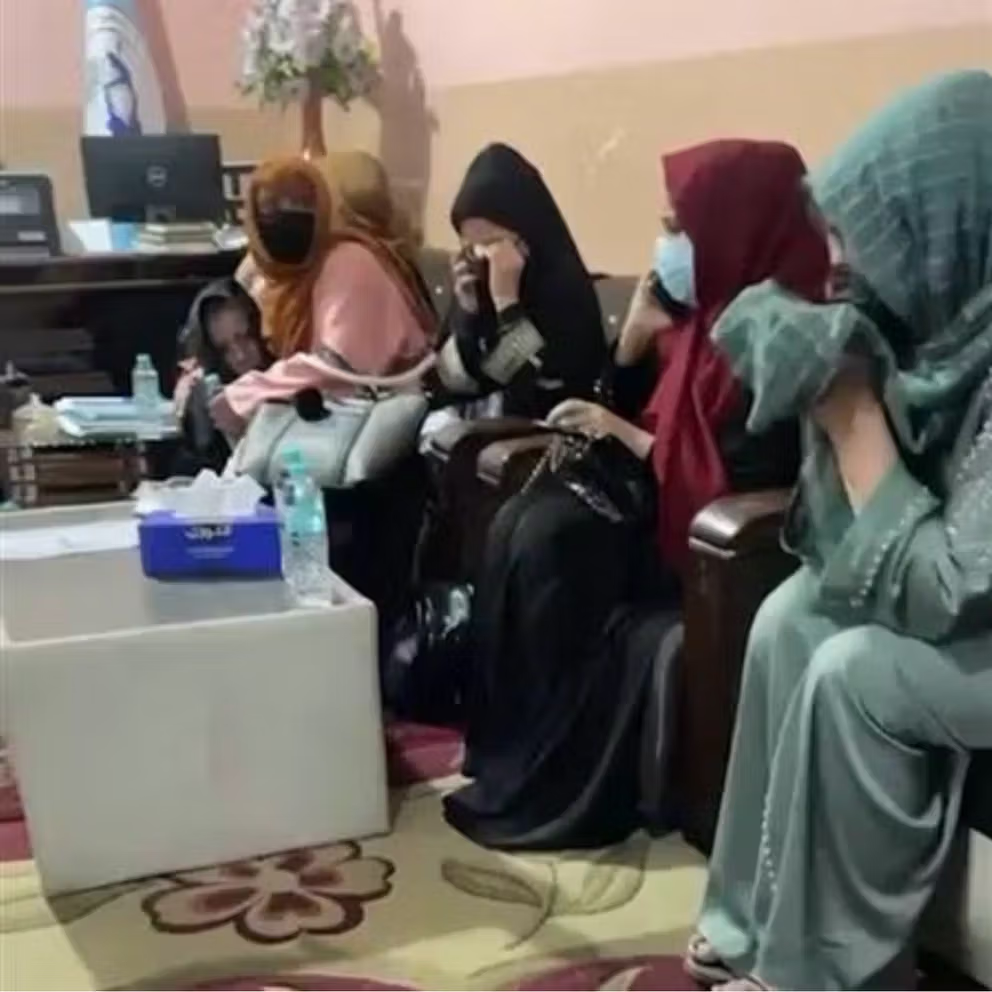A renewed crackdown on women and girls is underway in Kabul, reportedly launched on the direct orders of Taliban supreme leader Hibatullah Akhundzada, according to sources close to the matter.
The campaign is being overseen by Mullah Shirin, the Taliban-appointed governor of Kandahar and a close confidant of Akhundzada. Sources revealed Shirin arrived in Kabul around 10 days ago to enforce the group’s hardline morality code more aggressively.
Soon after his arrival, a high-level meeting was convened involving senior officials from the Ministry for the Propagation of Virtue and Prevention of Vice, the Interior Ministry, and Akhundzada’s own emissaries. The focus: stricter enforcement of the mandatory hijab and dress codes for women across the capital.
Sources indicate the crackdown follows concerns from Akhundzada that the Interior Ministry was falling short in upholding religious mandates, prompting the deployment of Shirin to personally oversee the effort.
The campaign has already led to the arrest of dozens of women and girls in multiple neighbourhoods of Kabul in recent days, causing deep concern among families and human rights groups.
Mullah Shirin’s mission reportedly extends beyond Kabul, with inspections of religious law enforcement also carried out in Balkh, Badakhshan, and other provinces.
Insiders also point to growing tensions within Taliban ranks over the strict policies, particularly between factions loyal to the Kandahar leadership and members of the Haqqani network, suggesting internal disagreement over how rigidly to impose religious edicts.
This isn’t the first such campaign under Akhundzada’s leadership. In a similar earlier initiative, Taliban forces in Kandahar detained nearly 400 men for trimming their beards or adopting Western-style hairstyles, a clear signal of the regime’s intent to enforce its version of Islamic law through coercion.
Since retaking power in 2021, the Taliban has issued a wave of decrees aimed at excluding women from education, employment, and public life, moves that have drawn international condemnation and deepened Afghanistan’s isolation.





